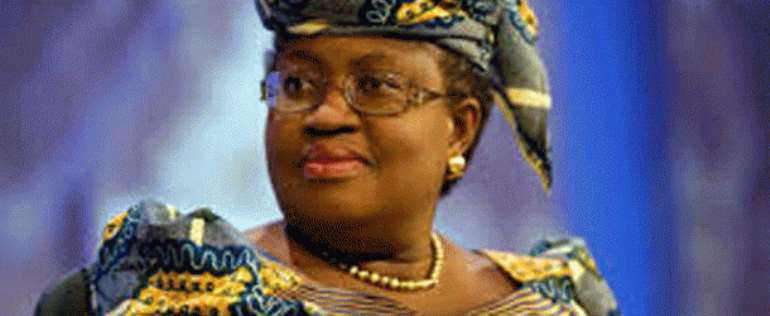Nigeria economy is strong, says Okonjo-Iweala

The Coordinating Minister for the Economy and Minister of Finance, Dr. Ngozi Okonjo-Iweala has said that Nigeria's economic performance is robust when viewed against a whole range of objective factors, adding that it is essential that Nigerians understand the exact position of the economy, and the integrity of important government accounts.
In a statement by her spokesman Mr. Paul Nwabuiku, Okonjo-Iweala said that inflation is now down to single-digit at 9.0% in January 2013, compared with 12.6% in January 2012, while the exchange rate has been relatively stable, and the fiscal deficit at just under 2% of GDP is on a downward trajectory, and below our threshold of 3% of GDP.
'Our national debt is at a sustainable level at about 19.4% of GDP. Overall, GDP growth for 2012 was 6.5%, and projected at 6.75% for 2013, compared with the projected global growth of 3.5%. The above facts have been independently noted and validated by international ratings agencies (such as Fitch, Standard & Poor’s and Moody’s) who have upgraded the country’s economic outlook, even as other countries are being downgraded. In addition, Nigeria’s bonds have recently been included in the Barclays and JP Morgan Emerging Market indices,' she said.
In an apparent reaction to some criticisms in a section of the media which the statement said tended to talk down the performance of the Nigerian economy and question the accuracy and transparency of the Excess Crude Account and the External Reserves of the country, Okonjo-Iweala said that as part of the Transformation Agenda, President Goodluck Jonathan has emphasized the diversification of the economy to promote inclusive growth and create jobs.
This she said is being achieved through investments in agriculture, housing and construction, manufacturing, aviation, power, roads, rail, solid minerals and the information and communication technology (ICT) sectors by both government and the private sector and these sectors are gradually transforming the economy, and creating jobs in the process.
She stressed that the outlook for the Nigerian economy remains good, despite the current global economic uncertainty. 'We accept that government should be accountable to their citizens, and transparent to its people in terms of information, particularly regarding public finances. In this regard, we have made efforts to publish revenues allocated to all tiers of government, we have published the Federal Government’s budgets down to the last details, and we have published the subsidy reinvestments (SURE-P) payments to all tiers of government. We have also published subsidy payments to oil marketers and further published the names of companies that defrauded the government in the oil subsidy regime. We will continue to make every effort to respond to demands for greater transparency because we believe this lies at the heart of good governance,' she said.
